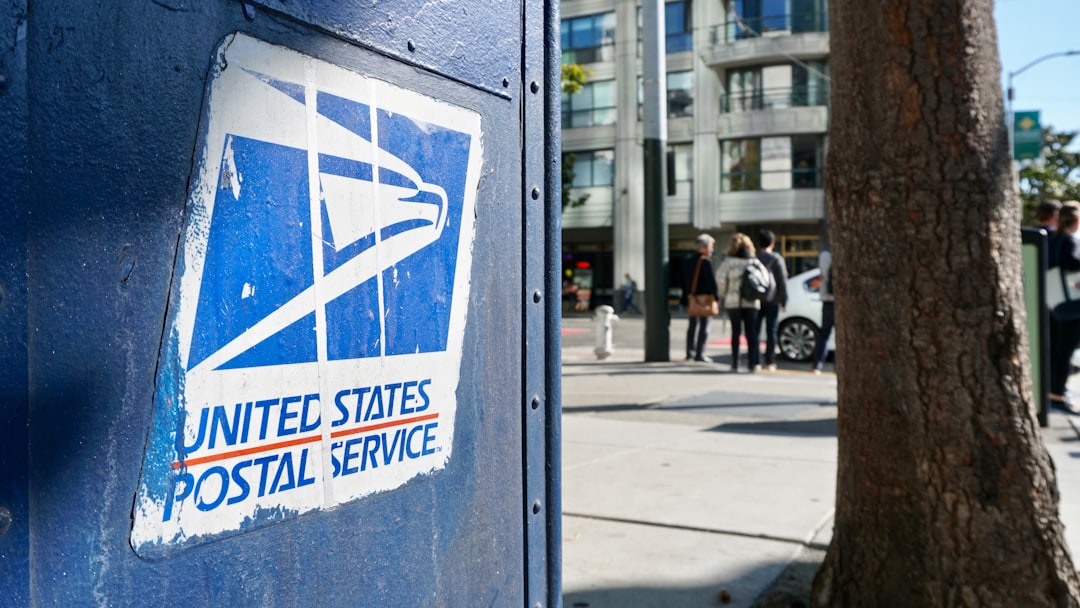United States Postal Service (USPS) is one of the companies that have made it hard on whether it can be exempted as an essential service or not. For decades, USPS, a symbol of the American spirit of resilience, has been working hard to ensure access to best postal services. The company has always been crucial in the delivery of important parcels across the width and breadth of the US. Like other critical services such as electricity, telephones, and transport systems, USPS is among the crucial service providers that keep the country running day and night by delivering more than 181 million mail every day.
With just an address that can be used to deliver parcels by USPS, you can trust that your parcel will get to you right on time for you to use it. As e-commerce continues getting fame all across the US, USPS has always played a critical role in ensuring that people get their items on time without charging more. With coronavirus now here with us, people have been concerned about whether USPS should be categorized as an essential business or not. The answer to this lies in the history of this firm and what it has managed to achieve in the past.
Over the years, USPS has had a hand making shipping not only efficient but also accessible and cheaper. As a result, e-commerce companies and customers have benefited substantially from the services than ever, long before the coronavirus pandemic. This not only impacts the revenues of e-commerce companies but also how items are received by people in different regions of the country. If the operations of USPS were to be suspended, it would impact millions of people, some of whom require items being sent to them for their survival.
Now that we are at a time where COVID-19 pandemic has stopped many businesses, the USPS still plays a vital role in the fight against the virus. It delivers millions of dollars’ worth of personal protective equipment (PPE), drugs, food and masks, and other equipment that is needed to fight this war. Besides, it is continuing with the delivery of items to customers like before. This means that USPS has increased its services in the wake of the pandemic than it did before. Consumers that have medical conditions that do not allow them to go shopping are among those who have benefited the most from the services offered by USPS during the pandemic.
The majority of small and medium-sized businesses depend on postal services in their everyday activities. As such, if USPS was to be shut today, most of these companies will collapse, and many jobs will be lost as a result. Similarly, the US democracy depends on USPS to safely deliver ballots by mail across the nation as the election date draws closer. It also remains one of the largest employers in many states, that also contribute as a taxpayer. Therefore, with all these contributions, USPS is, without a doubt, qualified to be listed as an essential service and should be allowed to operate with some precautions just like other essential service providers in the country.
















